Five Questions for Gavin Arroyo, Head Coach for Long Beach State Water Polo
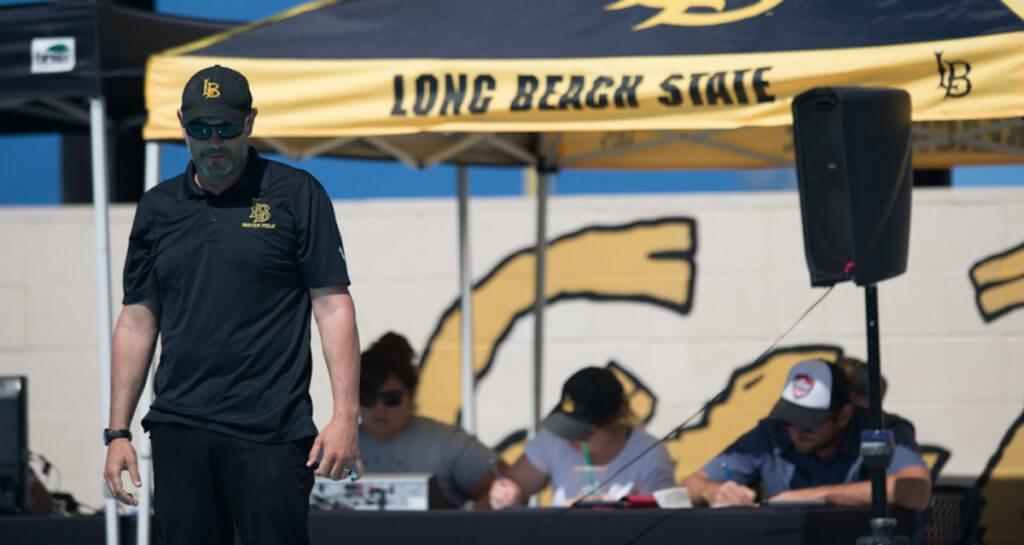
By Michael Randazzo, Swimming World Contributor
Despite fierce national and personal rivalries, the sport of water polo remains a tightly-knit world of friendships, relationships and prior experiences. Such are the multiple worlds in which Gavin Arroyo—head coach for the Long Beach State men’s and women’s water polo teams, as well as one of U.S. Men’s Senior National Team Head Coach Dejan Udovicic’s most trusted advisors—moves in.
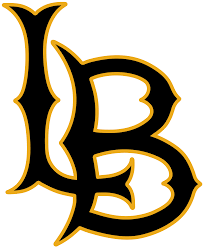
A member of the Steve Heaston-led men’s program at Cal, where he won three NCAA Championships (1990, 1991, 1992), Arroyo is a two-time Olympian representing the United States (1996, 2000). He also competed overseas for seven years, playing professionally in Greece and Spain with five different clubs: Vouliagmeni, Glyfada, Olympiacos, CN Barcelona, and CN Barceloneta. During that time he played with three men who would end up leading national teams: Dejan Savic, Head Coach for Serbia; Thodoris Vlachos, who leads the Greek men’s team; and David Martin, Head Coach for Spain.
Returning stateside at the end of his playing days, in 2005 Arroyo served as an assistant coach for the U.S. Men’s Senior National Team. He also served as the head coach for the Olympic Club of San Francisco men’s team from 2004-2005. But it was 2006 when Arroyo’s career assumed its current trajectory; he accepted the top polo job at Long Beach State. Over 11 seasons with the 49ers he’s compiled a 132-119 record, guiding his team through the treacherous shores of first the Mountain Pacific Sports Federation and, since 2015, the Golden Coast Conference.
Last week Arroyo took time from a jammed schedule to speak with Swimming World about his tenure with the U.S. men’s team, the prospects for his young 49er squad in the highly competitive GCC, why Team USA will be ready for the upcoming Olympic qualifications and how Zak Kappos, one of his former players, is at the forefront of growing polo in South Florida.
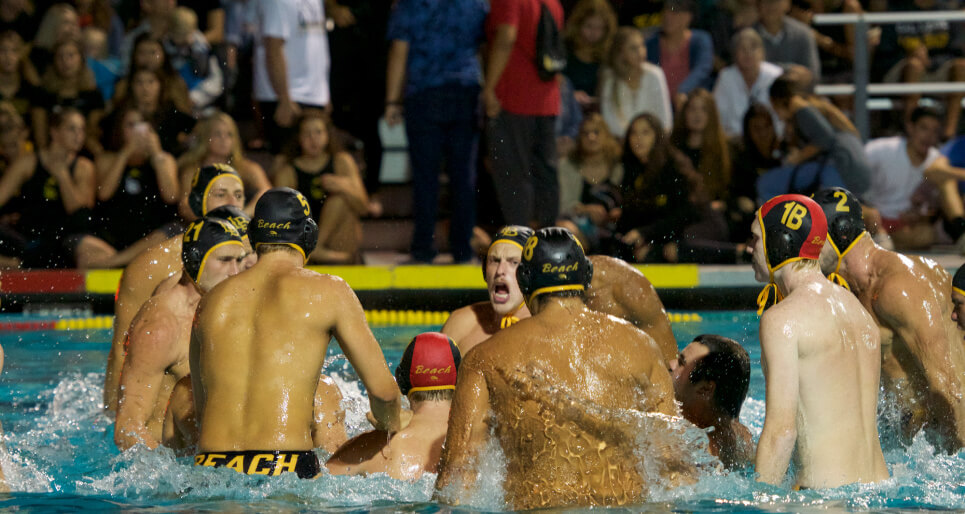
49ers are fired up and ready to go! Photo Courtesy: Long Beach State Athletics / John Fajardo
– As usual, you’ve had a busy summer. This year it was Australia and New Zealand with the U.S. senior men’s team, Last year, it was Serbia as head coach for the U.S. Junior National Team. You keep awfully busy all year round! How does your work with the U.S. national teams pay off for your 49er teams?
Things do seem to be going at an accelerated pace these days, but I am loving every minute of the experience representing our country. For me, there is no greater honor than to be coaching our nations best. With all the fluctuation of rule changes, referee interpretations of 5M shots, how they call the center and the swift tactical evolutions respectively, I feel I am on the cusp of these innovations. I have had the unique perspective of spending two years with the cadets, one with the juniors, and now with the senior men’s team as of late. I feel FINA clearly wants change and the past few years have been a rules roller coaster.
To answer the question, I have grown professionally these past four years getting back into the international arena. I played in Europe for seven years and three of my former teammates are head coaches of the national teams of Serbia, Greece, and Spain. Its great to reconnect with them and discuss tactical nuances and the ever-changing approach to our sport on that level.
We are of course implementing and playing around with some of these nuances for Long Beach State tactically. It certainly helps to be part of the national team staff and have Long Beach State be the training facility for the Men’s Senior Team. Aaron and Garrett are part of a great recruiting class. I am hoping that more talented players see opportunities that we can offer at Long Beach.
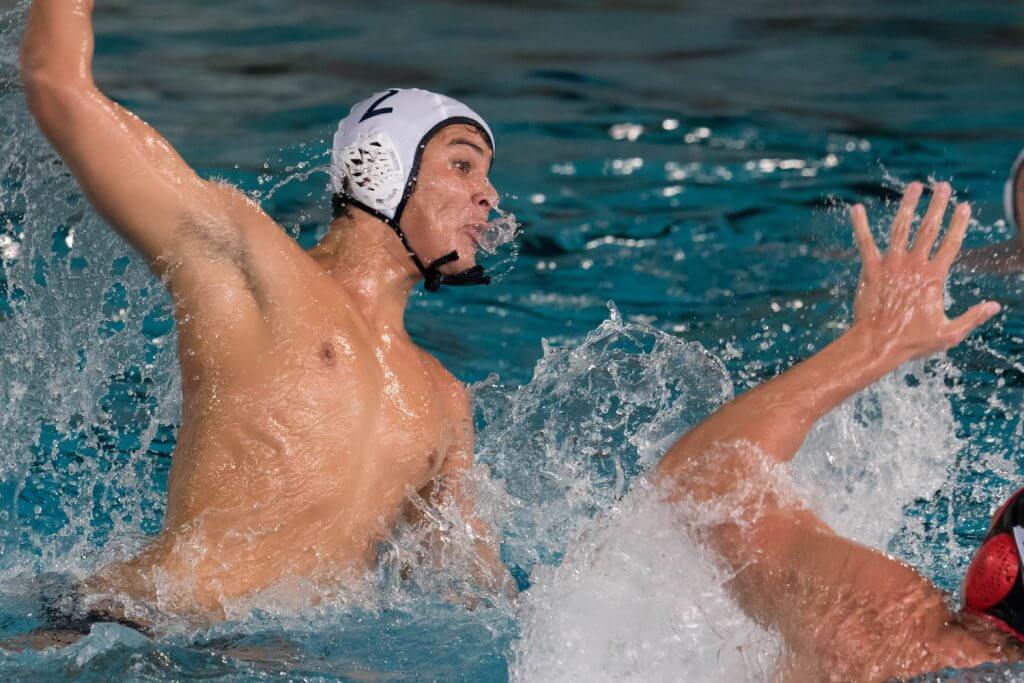
Garrett Zaan. Photo Courtesy: USA Water Polo / Peter Laurence
– You mention incoming freshmen Aaron Arias and Garrett Zaan, top talents for Team USA. Who else is coming to Long Beach State this year that will make a difference in your season?
We finally got our hands on a left hander from New Zealand named Mathew Morris. He has potential and needs to be molded, but yes a left hander. I have certainly missed Nolan McConnell. Another big get for us is a center named Thodoris Pateros who just won gold with the Greek youth team in Hungary. His dad, Vagelis, is a great coach who was coaching when I played in Greece. These two with Aaron and Garrett complete one of our strongest recruiting classes to date.
– The Golden Coast Conference has proven to be a great outlet for non-Pac12 teams to get to NCAAs, but for the first two years of the conference Pacific has finished on top in both the men’s and women’s brackets. What will it take to knock the Tigers off their perch—and for the 49ers to rise to the top?
I think the biggest challenge is getting over the mental barrier of true authentic belief. Inner belief has to be earned. It’s possible to have a great weekend or peak at certain times, but having the talent to be competitive and slowly chip away at their mentality is the only path in getting the upper hand.
Coach Graham has done an amazing job with his program and has certainly set the bar. Our conference is extraordinarily competitive and anyone on a given day can win. I would not count any of the other teams out on a yearly basis. I think out conference is truly a great experience for the student athlete.
– As we go into the Olympic qualification cycle, there are a number of variable that need to break right for the U.S. men to qualify for the 2020 Tokyo Games. As you know, the pressure on these athletes is enormous; what will it take for Team USA to succeed?
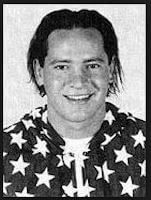
Photo Courtesy: Richard Foster
Actually pressure is our biggest challenge. We will alway be in a foot race to catch the Europeans—not in ability, but in their experience in pressure situations. We just don’t have the number of high level games for the ages 18-22.
Last summer, the team spent 31 days in Europe and improved vastly with this experience. We are so young and talented. Sometimes you need to let the group mature to become something unique. I do believe this group is special and will bring great success with it.
That being said, our collegiate structure just does not prepare our athletes for this landscape. We play a two and a half month season then train for nine. Not having a premier league truly hurt this last generation. The National League is improving tremendously but has limits in the frequency of competition. Cal competed last year as a university team and Long Beach will do the same this upcoming season.
Our athletes cannot realistically train for four months with one weekend of competition. We catch the Europeans in this arena only when and if our players play in Europe professionally. I do think that USAWP has done an amazing job at investing in our younger teams/ our infrastructure. The cadets won Darko Cukic last year and placed third this year. Our junior team last summer, which was essentially our youth team, beat Serbia in Serbia at the pre tournament. This junior team should return a majority of its roster for next year’s junior worlds if the athletes are allowed to participate.
This infrastructure will pay off in the years to come, but it does take time. Moving forward we have to create a system that allows for more retention of athletes out of university. We have to have more two, three time Olympians on our roster!!
– Zak Kappos, one of your former players, is making a go of it coaching water polo in the Tampa, Clearwater, St. Pete’s area of Florida. For the sport to thrive outside of California—and to become a truly national sport—folks like Zak need to lead the way. What do you know about his efforts to grow polo in South Florida and what are the prospects for the sport outside of the West Coast?
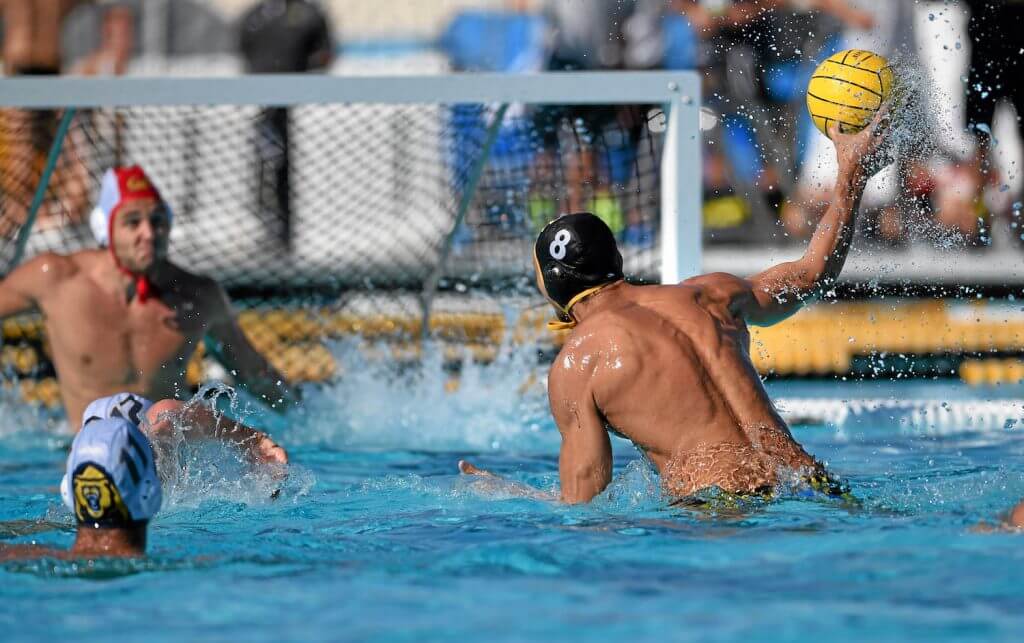
Zak Kappos. Photo Courtesy: Long Beach State Athletics
I know the numbers in that area have been explained to me as a reservoir of untapped potential. I believe Zak is the perfect fit to generate excitement in that area. Zak was a lanky goalie/field player who we found out in Florida. He was a sponge and became an apt pupil who immediately applied the fundamentals that were being taught.
I begged for him to get a tryout for our US junior team at the time and he was dismissed. A week later the senior men’s coach of Canada called him and they nabbed him from us. Zak has become a great teacher and a great coach. He is young, enthusiastic, and will do great things for our sport. Florida is lucky to have him and watch the kids that will develop out of that area in the near future.
The prospect for the sport outside California is a cautiously optimistic sentiment from my standpoint. We have some great people, knowledgable coaches working outside California. Coaches like Nikola Malezanov and John McBride out East are going to develop some sleepers for sure. Dan Matulis came out of Ohio and made our senior men’s team before getting injured. There will be more Wolf Wigos and Brad Schumachers in the years to come!!!
This post has been updated; from 1989-98 Steve Heaston was the Cal coach, winning three NCAA titles (1990, 1991, 1992) before tragically passing away at the age of 51. The post originally stated that Pete Cutino, who retired from coaching in 1988, was Arroyo’s coach at Cal.




Pete Cutino was a great coach; but he retired in 1988. Steve Heaston was Gavin’s coach in 1990, 91 and 92; not Pete Cutino.
Coach D:
Thank you for noticing this, and I am caught making an assumption (what would Felix Unger—or better yet, Neil Simon!—say?!) that Pete Cutino did EVERYthing for Cal.
The post has been updated to reflect the change to Heaston, a very successful coach for the Golden Bears who died tragically young.
Your correspondent